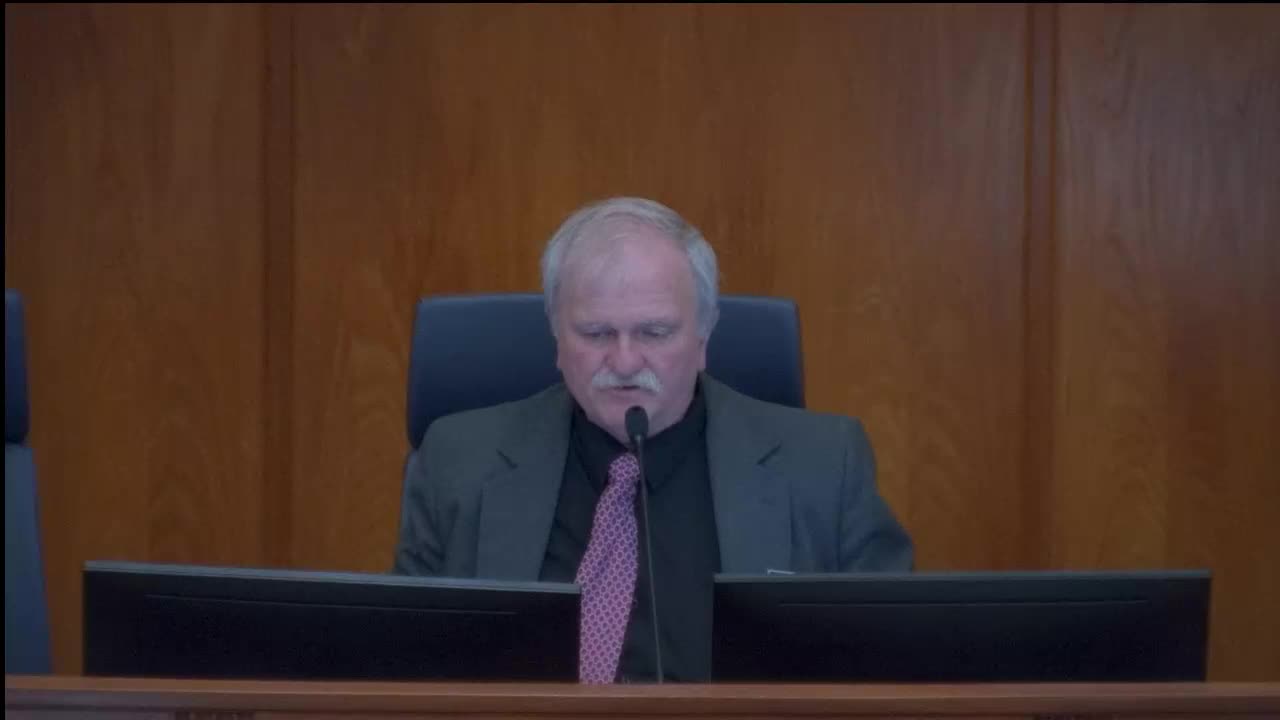Article not found
This article is no longer available. But don't worry—we've gathered other articles that discuss the same topic.
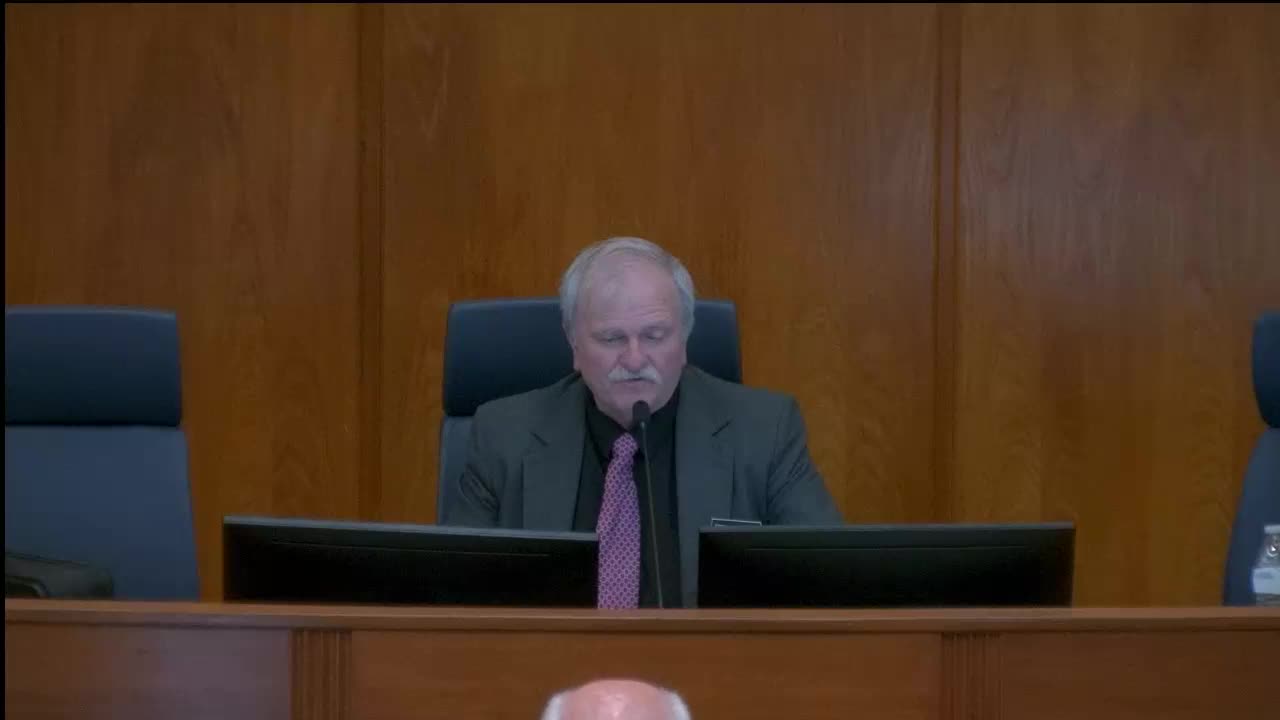
House approves multiple consent-calendar and procedural items, lays over one Senate bill and appoints a conference committee
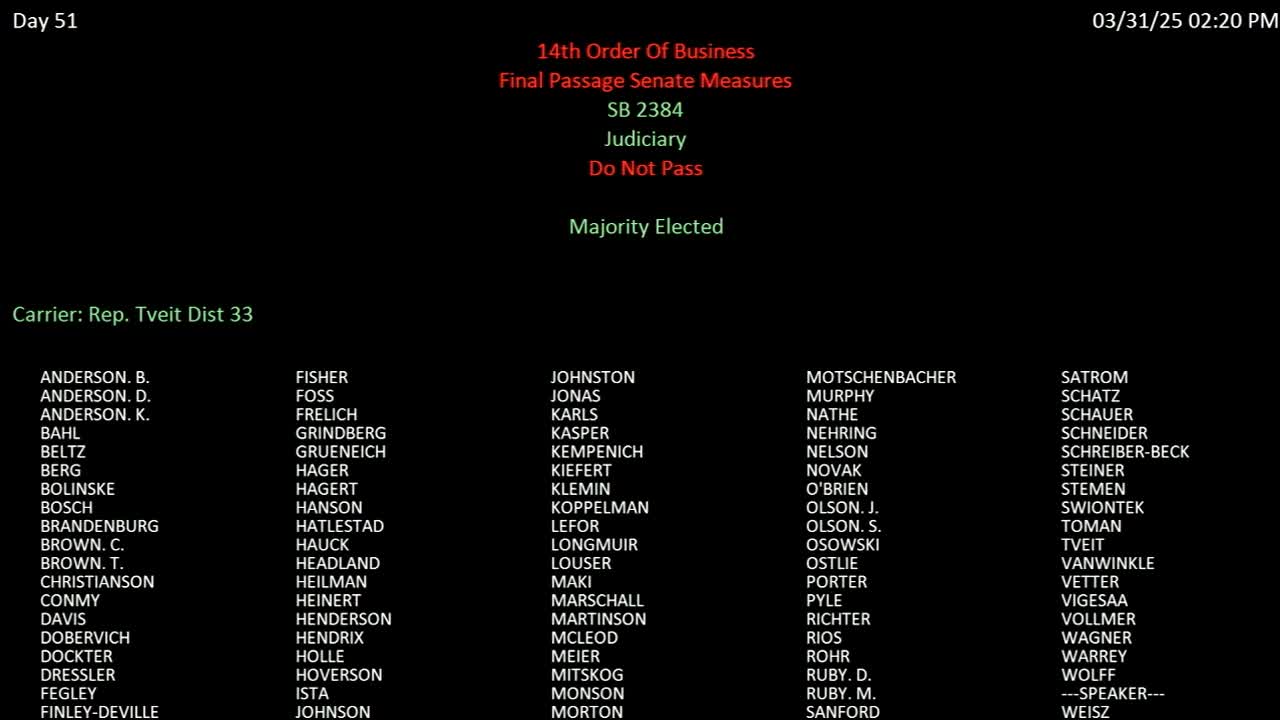
House defeats divided measure on electronic pull tabs, dog-racing wagering after heated debate
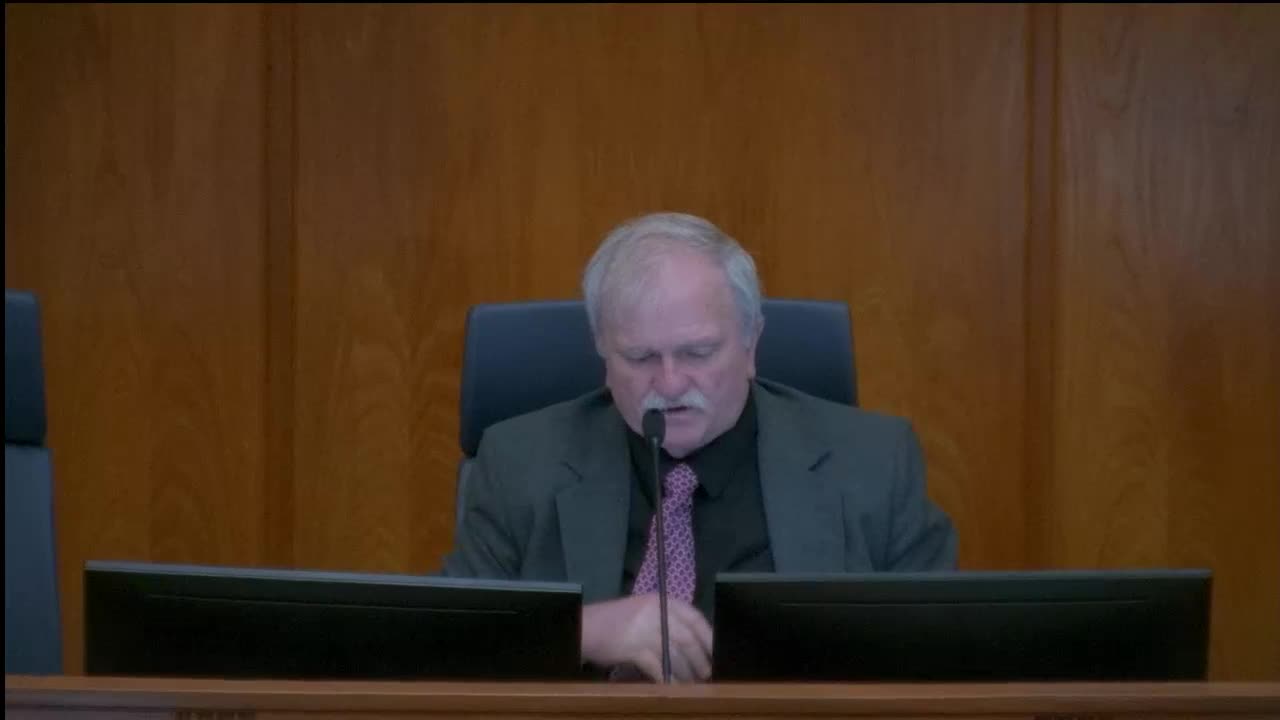
House rejects parental-involvement education bill after extended floor debate
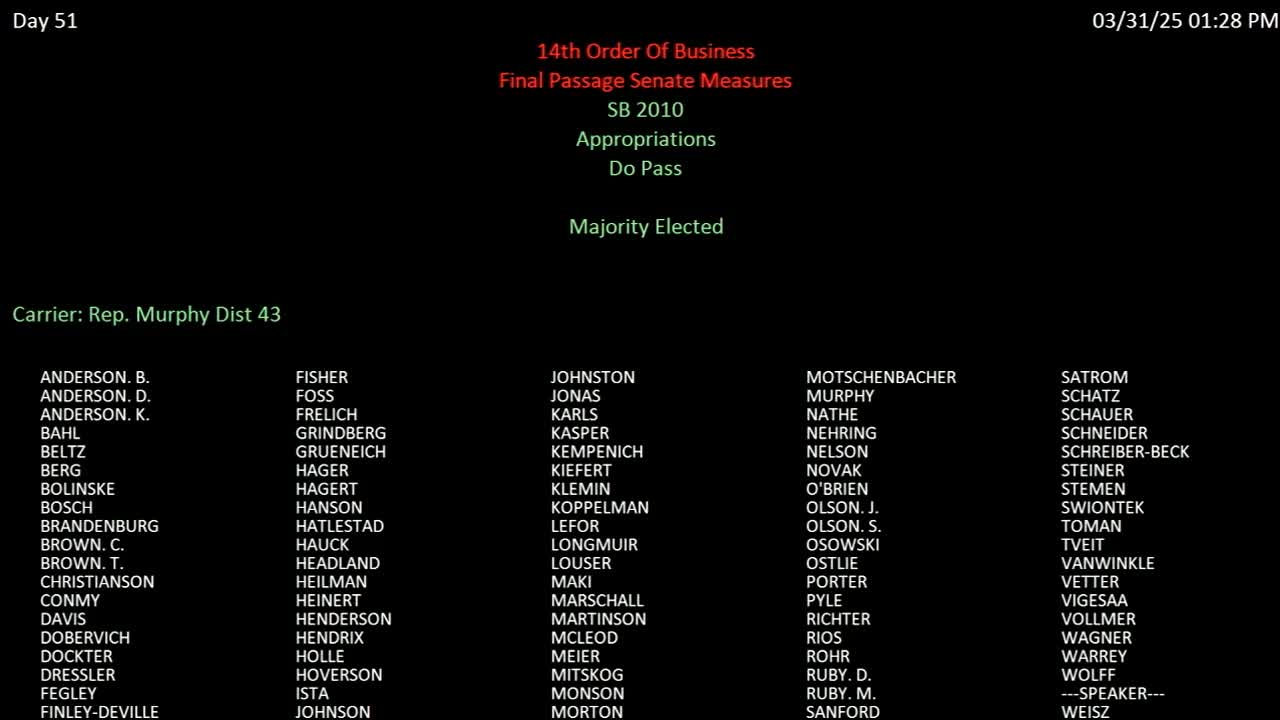
House approves $4.75 million biennial budget for Council on the Arts
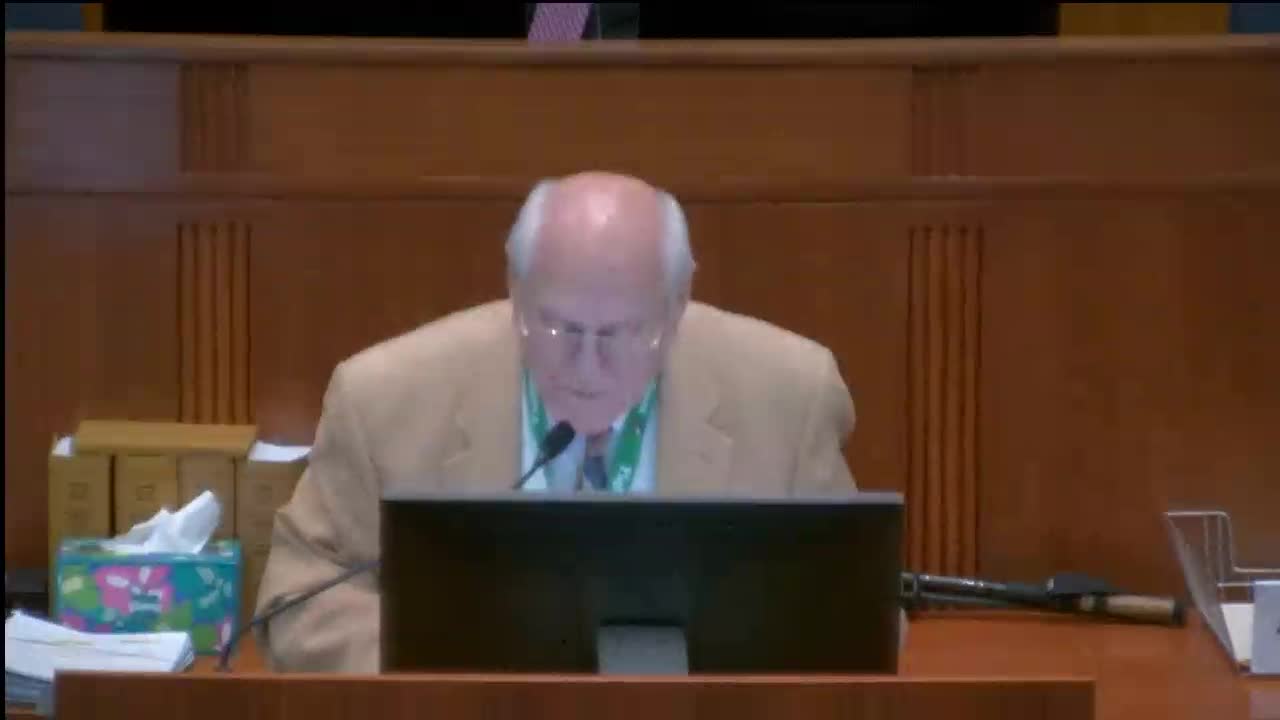
House approves measure holding commercial entities liable for distributing harmful material to minors
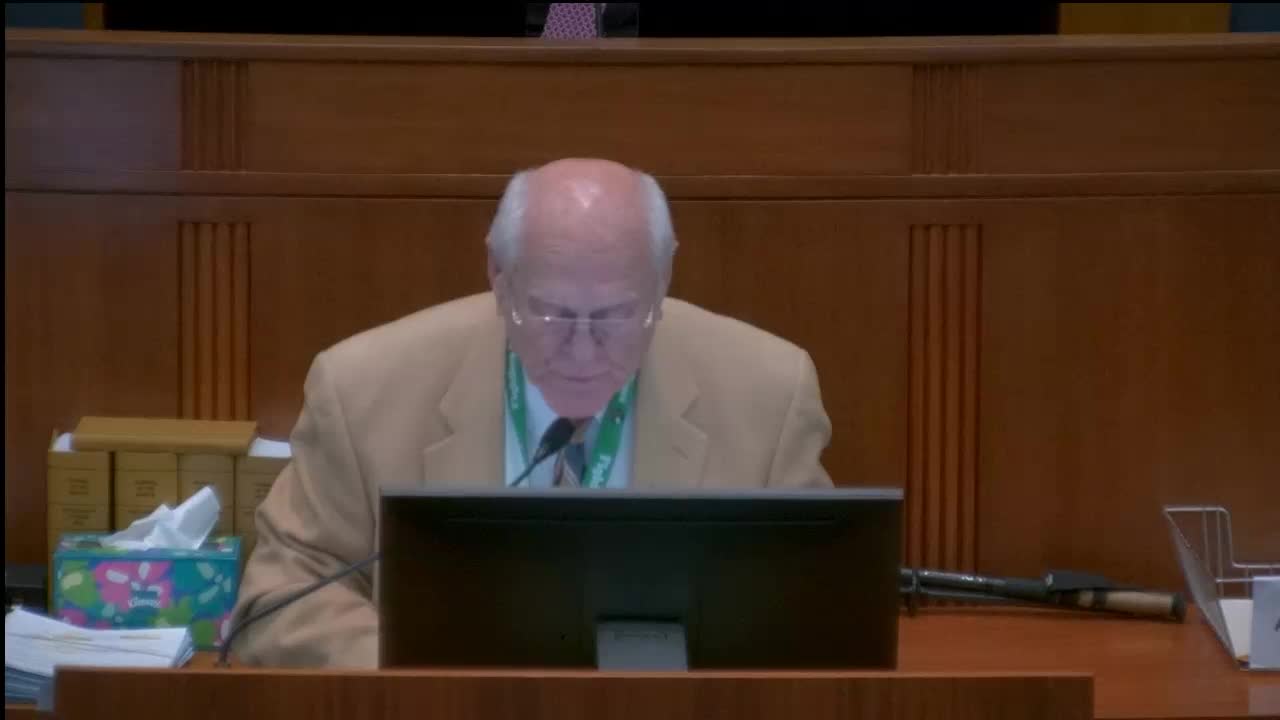
House approves $100,000 appropriation for rural elderly care program expansion
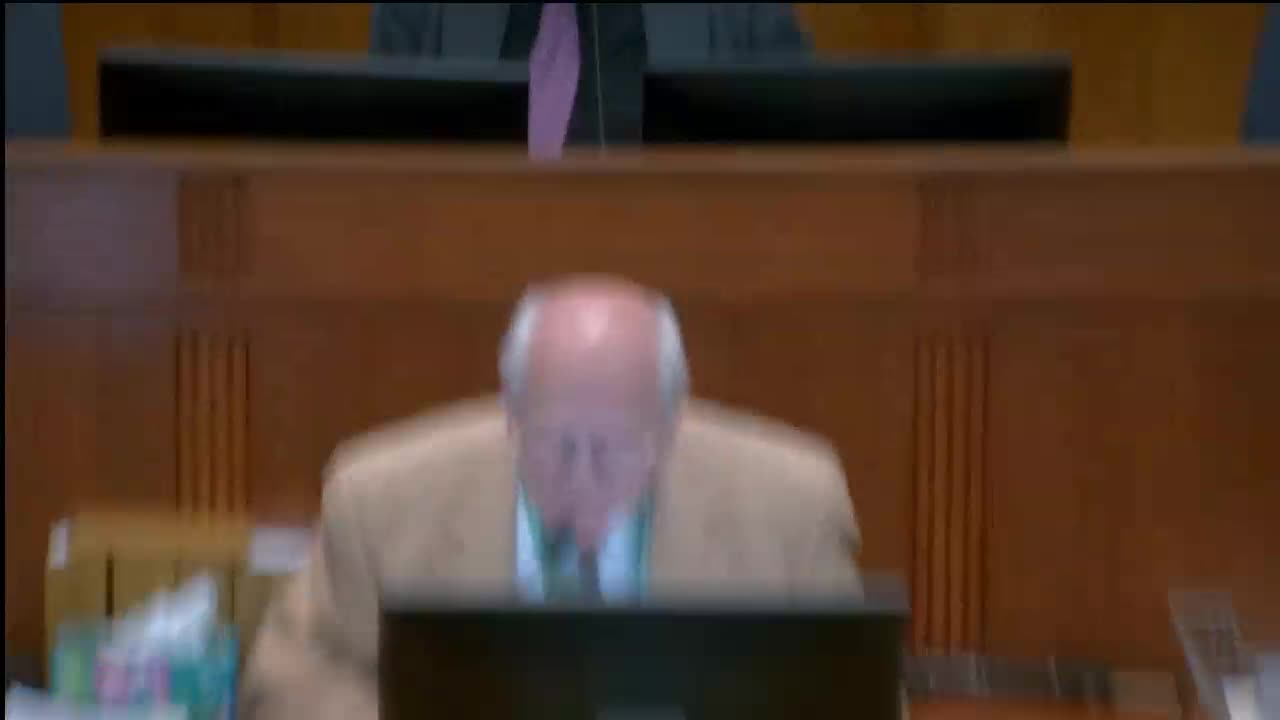
House rejects bill to expand reimbursement of expert fees in eminent domain cases
